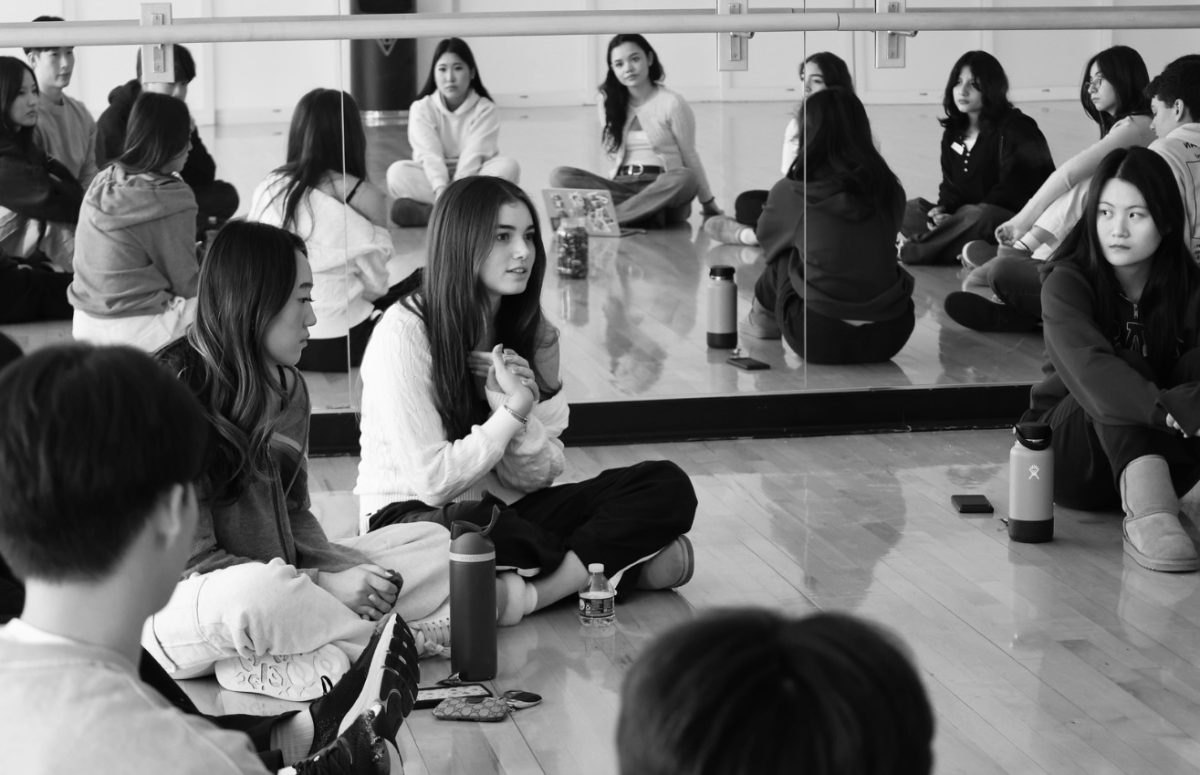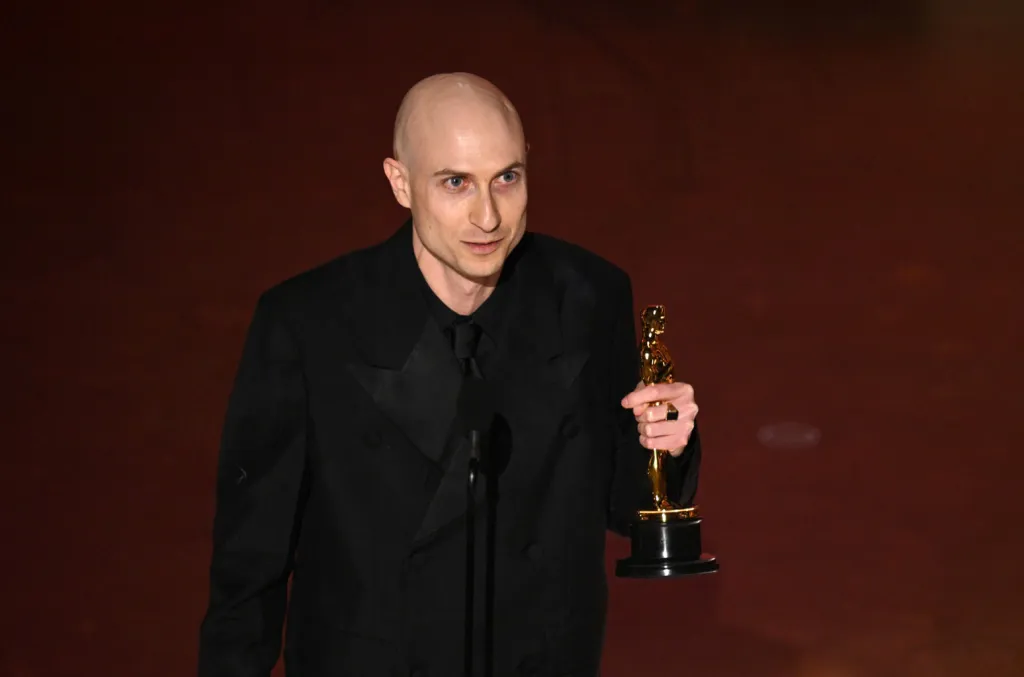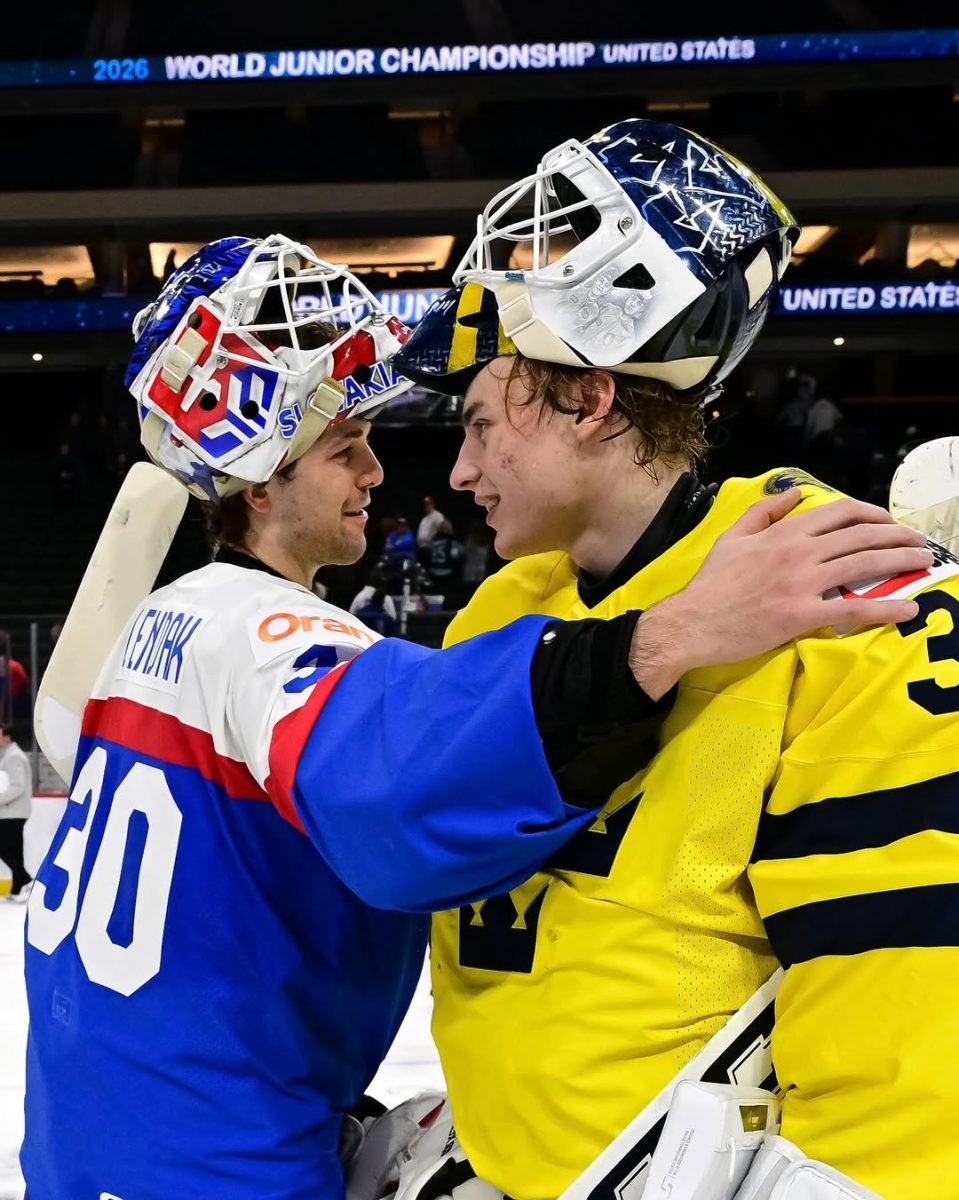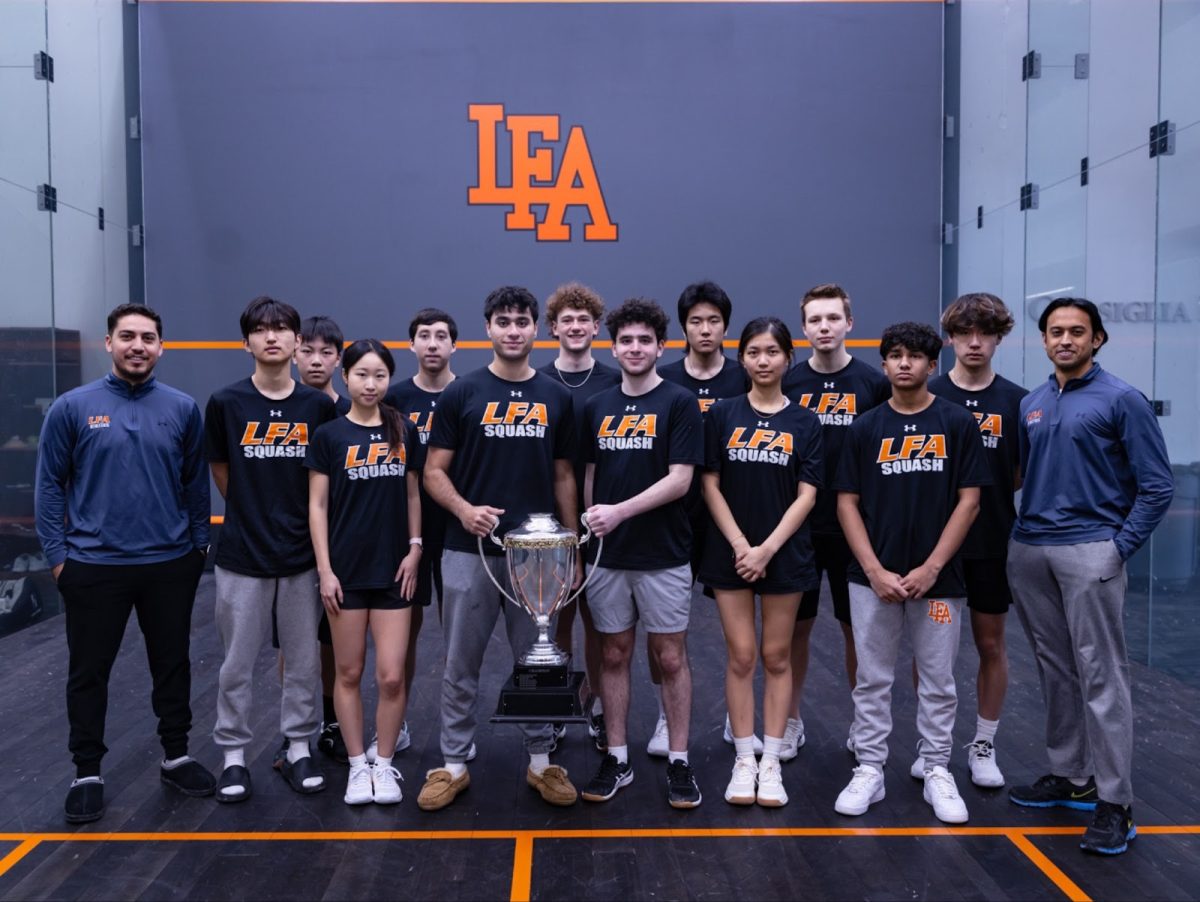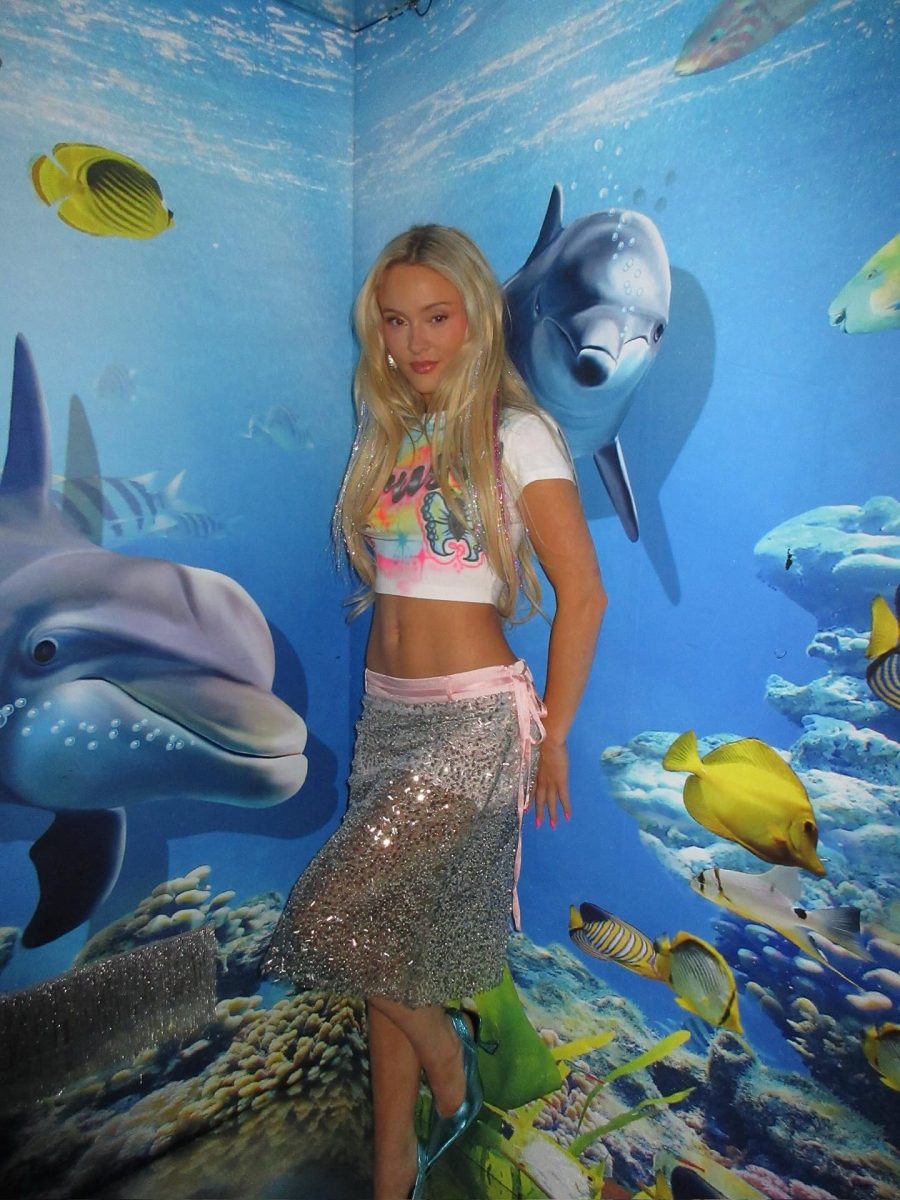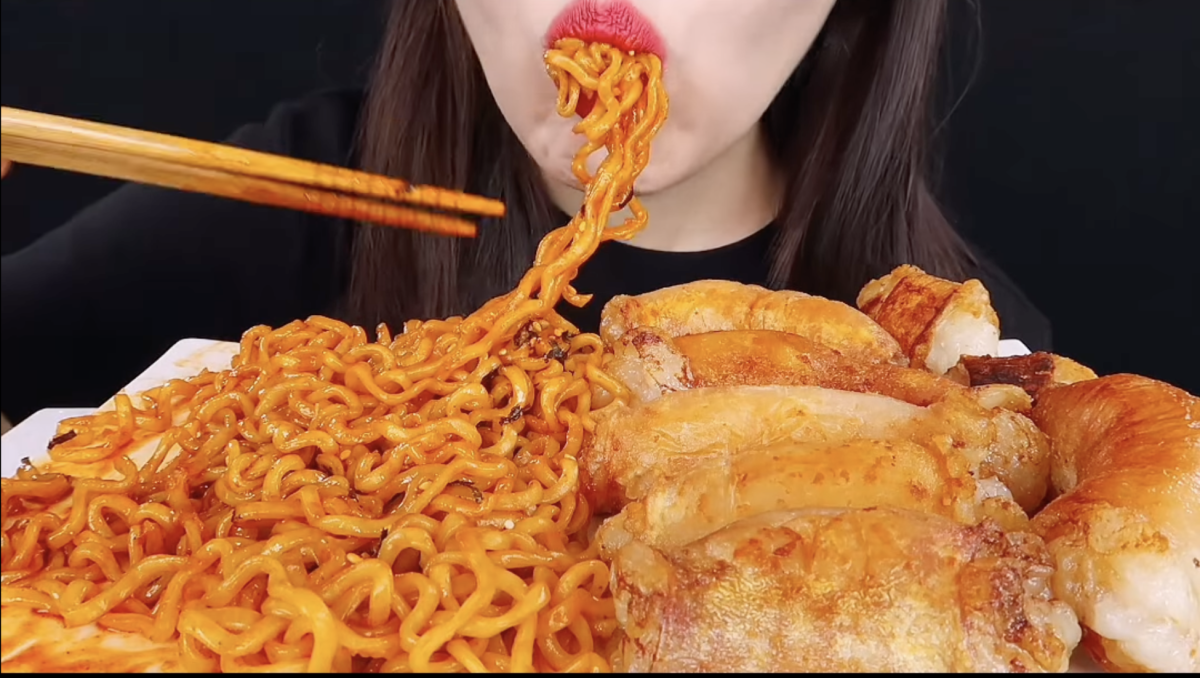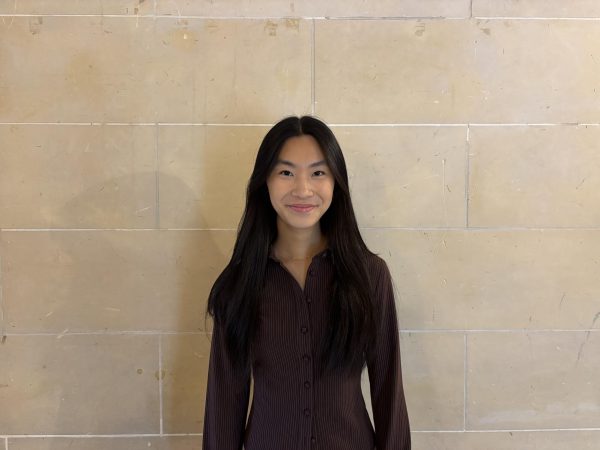Mukbang, a South Korean internet sensation, has blown the internet away since the early 2010s. The term “mukbang” originates from two Korean words, “mukja” (let’s eat) and “bangsong” (broadcast). Essentially, it is commonly structured that a creator will eat overflowing amounts of food as they interact with their viewers. While the concept may seem simple, the growth of mukbang culture has started to display deeper layers of social connection, societal trends, and quite importantly, detrimental health risks.
Communal food being deeply rooted in Korean culture has allowed mukbangers to grow their platform and audience. They would commonly consume great quantities of food, usually delicacies or popular street food, as they conversed with their viewers. The audience was drawn not only to the food but also to the creator’s internet persona. The rapid increase of single households in Korea may have also been a contributing factor to mukbang’s popularity. Many felt a sense of closeness as they watched mukbang, even more so when they were eating by themselves.
This trend has expanded internationally, starting many unhealthy eating habits and social media entertainment around the world. Global viewers were entranced by the enormous quantity of food being consu-med as well as the ASMR (autonomous sensory meridian response) element, which introduced another component of mukbang. However as the trend grew, so did the pressure to stay relevant, leading to an increase of a detrimental consumption of food for multiple creators.
A devastating example of this pressure for relevance was the death of a Chinese streamer, Pan Xiaoting, who passed away during an insane challenge of eating ten kilograms worth of food within ten hours. Demonstrating how dangerous mukbang can be, her experience served as a warning for others. Her tragic death points out the pressure creators feel to outrageously fuel their content just for fame and relevance, which comes at a great physical and psychological cost.
Nikocado Avocado, whose real name is Nicholas Perry, is another example of a famous mukbang influencer resulting in a catastrophic downfall. He was a former vegan health enthusiast who turned into a notorious mukbang internet personality. His content quickly shifted into overindulgence and mental breakdown, highlighting the disastrous impact of being sucked into social media.
Mukbang culture, while entertaining, is alarmingly dangerous. The overbearing pressure to constantly entertain and stay purposeful in a competitive field drives creators to go extreme without regard for their physical and mental health. While mukbang offers a sense of bonding, it is critical to realize the long-term effects on the creators and the viewers. As the trend continues to evolve, we should think to promote a safer and responsible approach to this type of entertainment.




